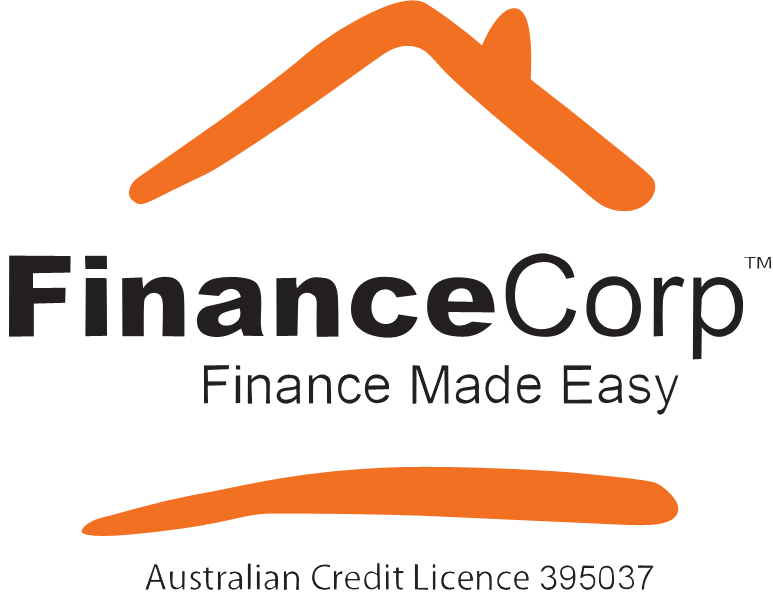Buying a home for the first time is truly an exhilarating experience, but before you unlock the doors of the first house that fits your bill, it’s important to take a step back and prepare for all the other upfront costs you need pay.
That’s right, saving up a budget for your future home involves paying for other associated costs. With that in mind, the costs listed below are your typical upfront costs when buying a home. Costs vary depending on the location, price, and size of your home.
Let’s see what we’re talking about:
1. Down Payment
The down payment is one of the most expensive up-front costs when buying a home. This involves putting down a percentage of the purchase price of the home.
For example, you purchase a home for $300,000 and your down payment is 20%. This means you will be paying $60,000 in your down payment. If you don’t plan on making a down payment, or you don’t have enough money to make a down payment, you can apply for a government-backed home loan.
2. Conveyancing and Legal Fees
Conveyancing fees are paid to the legal teams involved in the buying and selling of a property. This covers researching, drafting, and executing the documents of the transaction.
Legal fees are paid to your lawyer and all other legal personnel involved in the buying and selling process. Although not mandatory, it’s typically a good idea to have a lawyer on your side for future cases that may arise.
3. Stamps and Registry Fees
Stamps are paid to the Australian Taxation Office (ATO) and cover the transfer of the property into your name. Registry fees are paid to the state government’s land title office.
4. Mortgage Registration Fee
This is a fee paid to your financial institution at the time of the initial loan application. This fee is paid for a new application and it will vary from bank to bank.
5. Transfer Fees
This fee is charged by the Australian Taxation Office (ATO) and covers the transfer of the property into your name.
6. Loan Application Fee
This is a fee charged by the lender and covers the administrative costs of processing your loan application. This fee is nominal and can be paid upfront or rolled into your loan.
7. Lenders Mortgage insurance (LMI)
A lender mortgage insurance (LMI) is an insurance premium charged by the lender to protect the lender from a mortgage default. It’s compulsory for all home mortgages with a loan-to-value (LVR) ratio of more than 80%.
This enables the lender to recoup their loss in case you default on your mortgage repayments. Under LMI, the insurance premium is usually included in the loan and is added to the total home loan amount.
The Bottom Line: The Importance of Preparing for the Costs of Buying a House
In any real estate deal, there are many costs involved no matter what the size of your budget. It’s important to understand that although there are several upfront costs involved in buying your new home, it’s all going to be worth it in the end.
At the end of the day, buying your first home is a milestone not to be taken lightly, but by preparing for the monetary and emotional costs ahead, you will be ready to face the challenges of homeownership.
Why Choose Finance Corp to Help Simplify the Home Buying Process?
All of the Finance Managers at FinanceCorp are fully qualified, trained, and experienced mortgage professionals who live and breathe finance. If you’re looking for a mortgage broker in Cockburn Central WA to help you choose the best loan option when buying a house, we’re the best ones to call. Get in touch with us at 08 9417 5550 to see how we can help get you behind the wheel of your dream vehicle!
